Israel has lost deterrence against Iran: Islamic Jihad
The Palestinian Islamic Jihad resistance movement says Israel has lost its deterrence against Iran as evidenced by the Islamic Republic's unprecedented drone and missile strike in the occupied territories.
"Israel's deterrence in the face of Iran has ended," the Islamic Jihad's deputy chief Mohammad al-Hindi said in an interview with Lebanon's Al Mayadeen.
Iran's Armed Forces launched hundreds of drones and missiles towards the occupied territories on Saturday night in response to a deadly Israeli attack on its diplomatic premises in Syria early this month.
On Tuesday, the Israeli regime's war cabinet convened for the fifth time since Sunday to weigh its options vis-a-vis the Iranian strike.
Al-Hindi underscored that Iran's retaliatory attack served as a preliminary warning to the Israeli occupation.
Iranian officials assert that the strike, dubbed Operation True Storm, was a deliberately "limited" military action meant to punish Israel, warning that any counterattack would be met with a swift and decisive response.
"The balance of power is changing; America has its own problems and challenges, and Israel does not have the support or capabilities to assert dominance in the region," al-Hindi said.
"There are new rules of engagement today," he added.
The Palestinian official also criticized the complicity of the West in Israel's atrocities in Gaza, signaling the need for "reassessments" in the new geopolitical landscape of the region.
Addressing the issue of captives held by Hamas in Gaza, al-Hindi emphasized the resistance's leverage in negotiations and expressed skepticism about a proposal recently presented by mediators.
"The Americans and Israelis want to retrieve the captives at the lowest possible price, but that issue is the trump card in our hands," he said.
The Islamic Jihad official said the resistance has submitted its response to the proposal insisting that the withdrawal of Israeli occupation forces and a ceasefire are the pivotal components of any agreement.
The Israeli regime must be forced to "pay a price" through a potential deal as it has suffered "strategic military failures on the battleground," he noted.
"Israel is facing a real impasse and its options are limited," the official said. "It has grown to appear weaker, and its strategic importance has diminished."
VIDEO | Yemen; a bone in Israeli neck
D-8’s role in Iran’s economy after Cairo summit
China slams US as ‘war-addicted’ threat to global security
China ‘firmly opposes’ US military aid to Taiwan
VIDEO | Press TV's News Headlines
President Yoon Suk Yeol to be removed from office
At least 19 Gazans killed by Israeli airstrikes since dawn: Medics
Leader: Iran neither has nor needs proxy forces


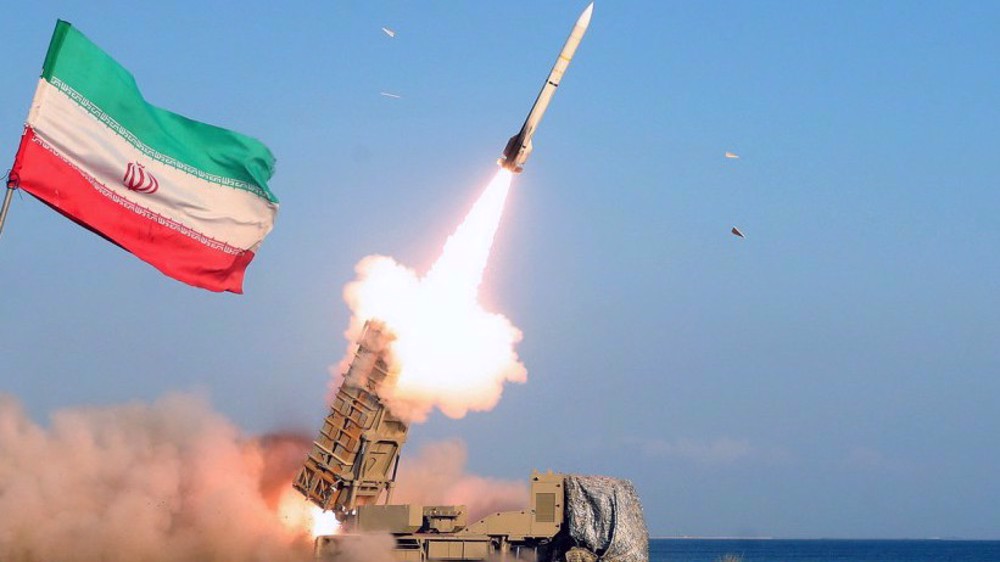
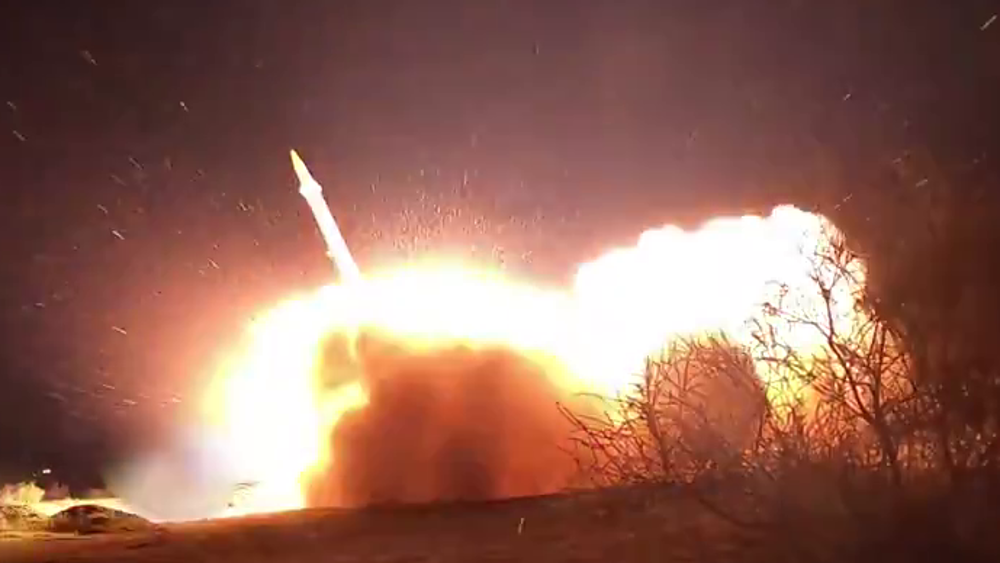
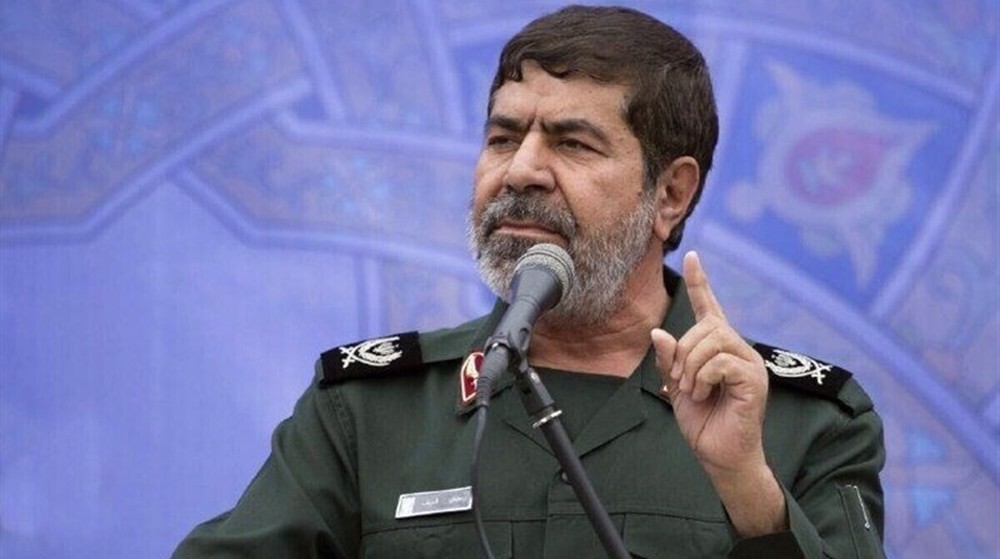
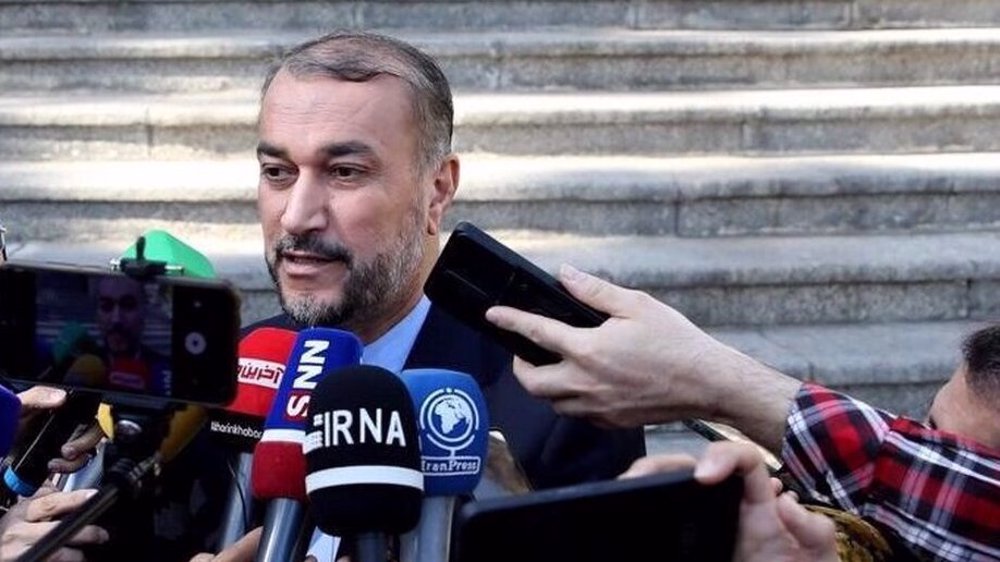
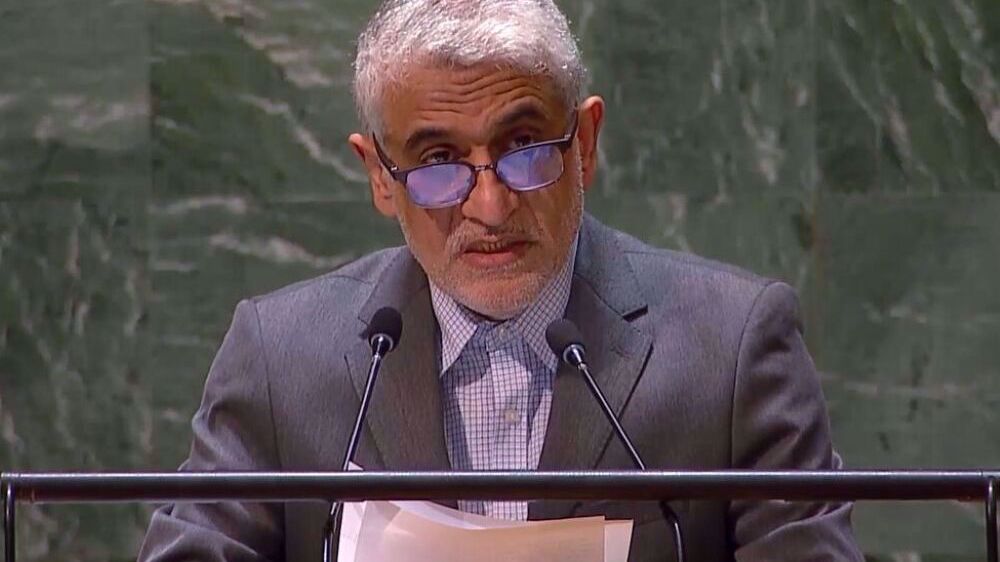




 This makes it easy to access the Press TV website
This makes it easy to access the Press TV website